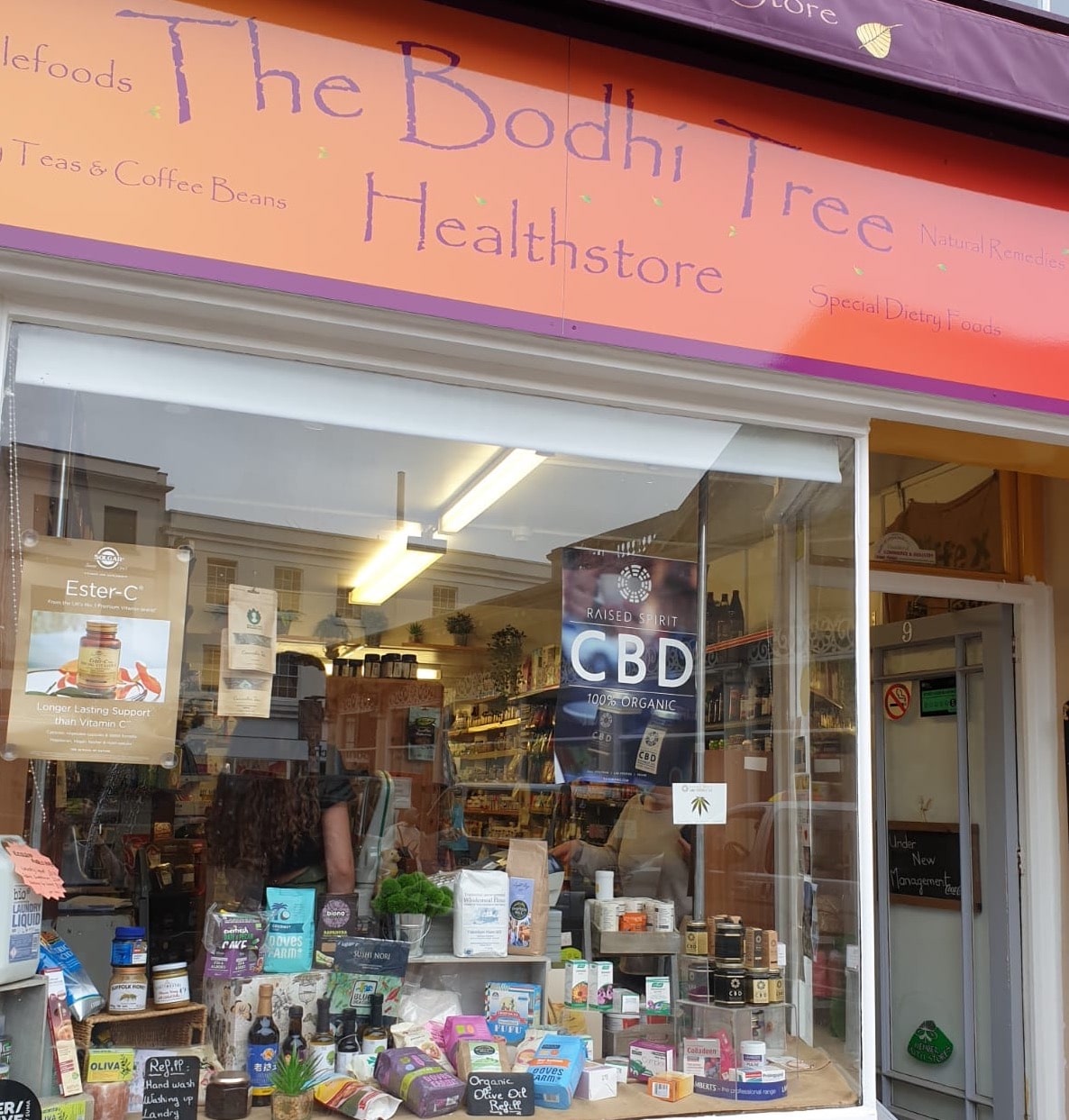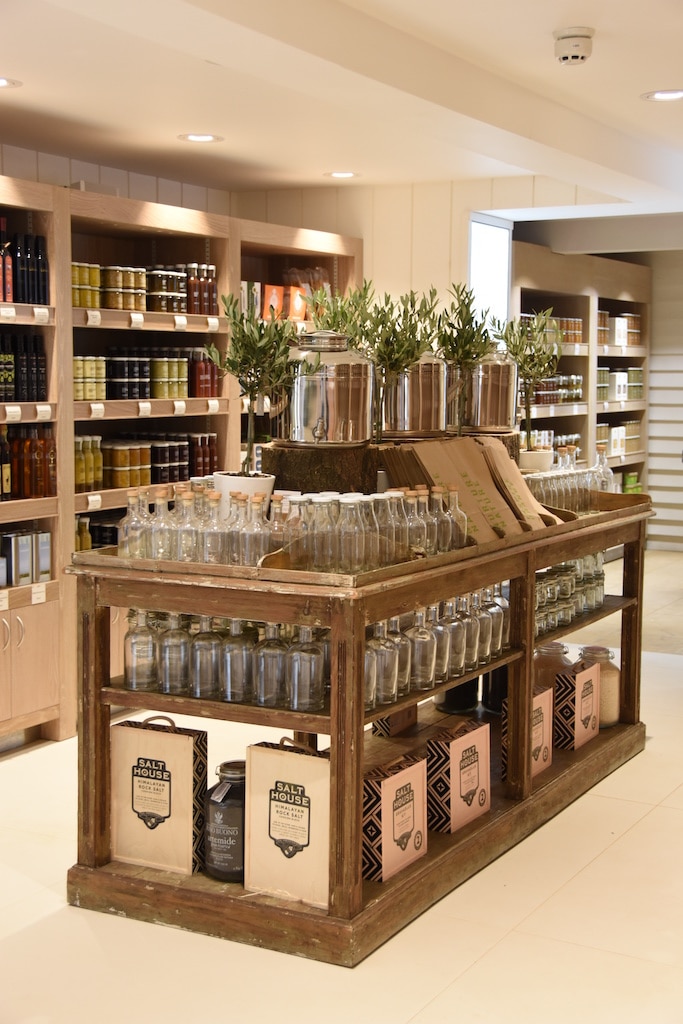Branded a danger to human health, for many, the banning of the most commonly sold weedkiller in the world — glyphosate — is long overdue. After discovering food containing the herbicide, the European Parliament recently voted in favour of phasing out glyphosate across the continent over the next five years.
But, aside from the positive effects on producing safer food, what are the possible ramifications of banning such a well-used product on industries such as gardening, transportation and farming? Here to discover the effects of this prohibition is Lycetts, a leading UK provider of reliable crop insurance.
The continent-wide ban
Banning the sale of such a widely-used product was not an easy decision to reach for the European Parliament, which had debated the issues surrounding glyphosate multiple times before sanctioning the decision. In October 2017, the European Parliament voted 355 to 204 in favour of a resolution that has urged the European Commission to adopt measures to phase out the use of glyphosate across the entire EU by mid-December 2022.
However, it’s worth remembering that this was a non-binding vote and that this is a phasing out ruling, not an immediate ban. The use of glyphosate around public parks, on farms and within households whenever other biological pest control systems are available is now not allowed in member states of both the European Commission and the EU.
How widespread is the use of glyphosate on UK farms?
One of the major problems with glyphosate was that there had been reports that showed it had contaminated food designed for human consumption. Arguably, advocates of keeping glyphosate on sale might protest that industries could have simply better monitored its use to prevent other contaminated incidences. But, is the use of glyphosate truly widespread?
Apparently so. The Guardian reported that there has almost been enough of the herbicide sprayed since its creation that it would cover every cultivable acre of Earth. Meanwhile, according to research from the Soil Association, the use of glyphosate in UK farming has risen by 400% over the past two decades.
Glyphosate: its definition and disadvantages
Glyphosate was released under the brand name ‘Roundup’ in the 1970s. Introduced to the market by agricultural company, Monsanto, glyphosate-based substances are currently used in everything from parks, streets and schools, to agriculture, farming and forestry.
Defining why the European Parliament found it necessary to prohibit the herbicide is important to gaining a clear oversight of the situation for health and industry. Fears have long been raised that the herbicide is a hormone disrupter that is linked to birth defects, the development of cancerous tumours and other developmental disorders. Some scientists have argued that there is no safe lower level for human consumption.
Food costs after the ban
One ramification that experts predict after the phase-out period has expired is the increase of produce prices — particularly food, since glyphosate is used by the agricultural sector to clear crop fields of weeds and hep growth. Monsanto’s vice president, Scott Partridge, who believes that the move could cause “uproar in the agricultural community”, stated to The Guardian: “You would see increased costs for farming and decreased productivity, increased greenhouse gas emissions, loss of topsoil, and loss of moisture. Farmers through Europe would be very upset that a very effective and safe tool had been taken out of their hands.”
On top of decreased efficiency, others in the field believe that not using glyphosate is impossible, as there’s no substitute that can match its abilities. A Polish orchard farmer who has used the herbicide, explained to Monsanto’s companion site, Growing Our Future: “The use of other herbicides would require a greater number of applications, which would result in more environmental pollution. For fruit farmers, there is no alternative to glyphosate because there are no other products that do what it does.”
How will not using glyphosate impact transport?
The farming and food production sectors are understandably set to be affected once glyphosate is banned in the EU. But, outside of these areas, other industries are also preparing for a change of established processes once they are no longer allowed to use the weedkiller.
Transport is essential in a modern country, and maintaining safe roads, vehicles and transport links is always a priority. Weeds that are left unchecked can significantly restrict track visibility, track access for workers and possibly even render a line impassable in severe cases across Europe’s railways. Specialist operator, Weedfree on Track, has been combatting these problems for over half a century through a method called a “weed killer train”. These machines target a glyphosate solution onto areas which have been identified by a high-tech camera as having weeds with a specific amount of chlorophyll content.
So how will rail employees deal with the ban?
Operations manager at Weedfree on Track, Jonathan Caine, commented: “We’ve carried out a number of trials to see how much more effective the train is than manual methods. We’ve estimated manually do the same job, in the same time frame, can cost up to 40 times more. Weedfree on Track is dedicated to trying to reduce the use of pesticides, but whether you’re hand-cutting, using steam, acetic acid or a bio-chemical, the alternatives simply aren’t as effective when used correctly.”
However, it’s not only the UK that is concerned about the ban of glyphosate and its adverse effect on transport links. Jean-Pierre Deforet, a chemist at Belgian railway authority Infrabel, pointed out in a Growing Our Future article: “There are currently no alternatives that are as effective as glyphosate, which would cause a huge problem for Belgium’s railways. The alternatives are to use mulch or to spray manually. But allowing people onto the tracks would cause another, bigger safety issue than spraying from the train.”










